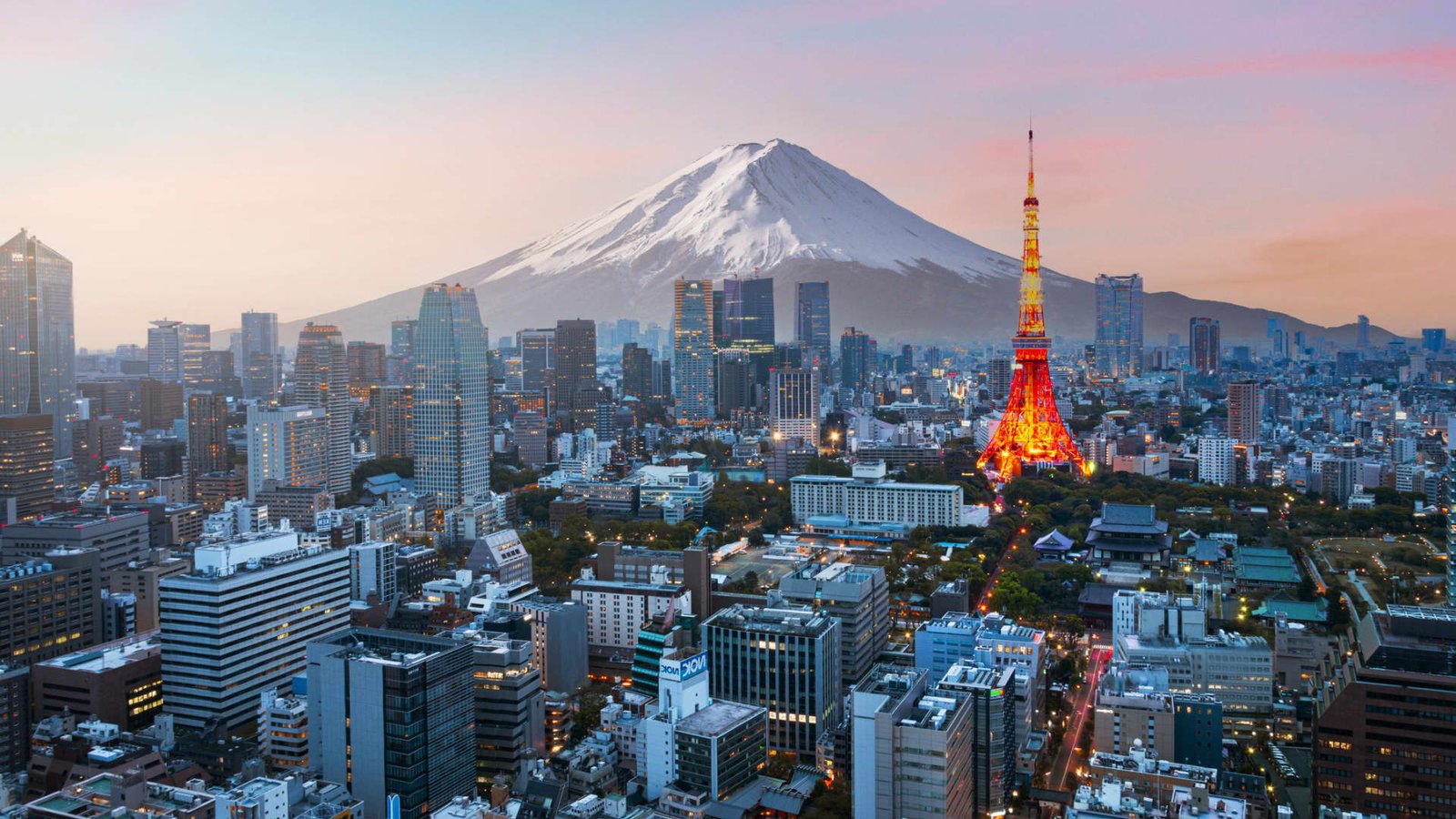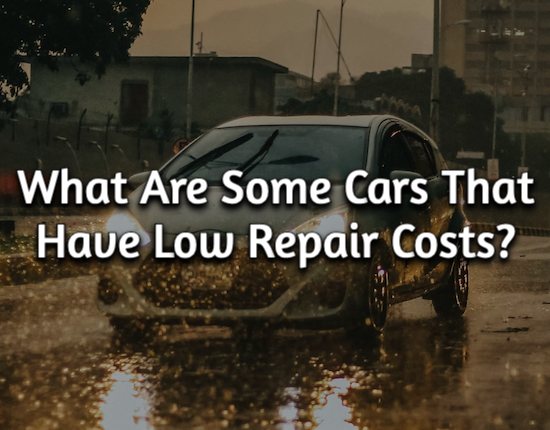Chalk up a win for soft power as Donald Trump heads home from Britain happy
September 21, 2025 | by ltcinsuranceshopper

For all the Royal effort that went into ego-stroking Donald Trump this week during his unprecedented second state visit to the U.K., his trip also underscored at least two significant developments for transatlantic policymakers.
Both involve issues where the U.K. — and Canadian — governments hold conflicting views to the U.S. president.
The first is Israel’s war in Gaza.
British Prime Minister Keir Starmer said the U.K. will announce this weekend its recognition of a Palestinian state, alongside Canada, Australia, France and other Western countries.
Officials in Trump’s administration have made their opposing views quite clear.
“We actually think it [recognition] has undermined negotiations, because it emboldened Hamas, and we think it undermines future prospects of peace in the region,” U.S. Secretary of State Marco Rubio said about the issue on the eve of Trump’s U.K. visit.
Rubio’s position echoes those of the largest Jewish community organizations in Canada, the U.K. and Australia, who, in a joint release, argue Palestinian statehood would be “a reward for violence and rejectionism.”
But in his remarks Thursday, Starmer categorically rejected that position, with the U.S. president listening beside him.
“The question of recognition needs to be seen … [as] part of that overall package, which hopefully takes us from the appalling situation we’re in now to the outcome of a safe and secure Israel, which we do not have, and a viable Palestinian state.”
Prime Minister Mark Carney issued a statement using similar words over the summer, noting that Israel’s ongoing failure to “prevent the rapidly deteriorating humanitarian disaster in Gaza,” along with the imperative of preserving a two-state solution, was behind Canada’s decision to act now.
While Trump pointedly disagreed with Starmer’s — and, implicitly, Carney’s — position on recognition, he also said he wasn’t going to do anything about it.
“I have a disagreement with the prime minister on that score, OK? One of our few disagreements, actually.”
Israel ‘disappointed’
One of Britain’s most respected foreign policy experts says Trump’s response is notable.
“He [Trump] chose a kind of affable, ‘Let’s agree to disagree on that,’ which I think is a green light for Keir Starmer now to go ahead with the recognition of Palestine,” said Peter Ricketts, a member of Britain’s House of Lords and former prime minister Tony Blair’s top national security official.
“American opposition was muted, and I suspect the Israelis would have been extremely disappointed to see that,” Rickets told BBC Radio 4, Today Program.
As Canada opens up discussions with the United States on renewing the Canada-U.S.-Mexico Agreement on trade (CUSMA), there have been widespread concerns that Canada’s position on Palestinian statehood could jeopardize those talks — but Trump’s comments in the U.K. could suggest otherwise.
Just how useful recognition of a Palestinian state is, with Gaza being pummelled for two years by Israeli forces and Jewish settlers in the occupied West Bank increasingly emboldened and staging almost daily attacks on Palestinians and their properties, is highly debatable.
Trump repeated that no discussions about Gaza’s future will happen on his watch, unless the 20 Israeli hostages believed to still be alive and held by Hamas are returned.
But in Europe, Canada and much of the rest of the world, there’s deep concern that Trump’s explicit approval of Israel’s attacks on Gaza have emboldened those on Israel’s far-right who want to occupy and settle Gaza permanently — and if Trump doesn’t act quickly to restrain Prime Minister Benjamin Netanyahu and halt Israel’s offensive on Gaza City, it will be too late for any future Palestinian state.
U.S. President Donald Trump and British Prime Minister Keir Starmer held a joint news conference to conclude Trump’s state visit to the U.K. Trump acknowledged a disagreement with Starmer over Gaza and Palestinian statehood.
Ukraine shift
The other notable development from the state visit came on the future of Trump’s efforts to end Russia’s war on Ukraine.
Since he took office eight months ago, the U.S. president has undergone an evolution, of sorts, in his attempts at peacemaking.
Beginning with the infamous dressing down of Volodymyr Zelenskyy in the Oval Office, where he proclaimed Ukraine’s president “had no cards” and exhorted him to simply cut his losses and settle, Trump has gradually, reluctantly shifted his position.
Starmer has played a significant role in that shift, as he counselled Zelenskyy on his dealings with Trump but also made his own interventions on behalf of the U.K. and Europe.
Speaking at Thursday’s news conference, Trump’s key message on Ukraine was that Europe needs to do more to hit Russia where it hurts: namely, stop buying its energy.
“The thing that was most striking to me, that he was willing to say stuff out loud that everyone knows but no one is prepared to necessarily recognize,” said Tom Keatinge, founding Director of the Centre for Finance and Security (CFS) at London’s Royal United Services Institute.
“That was his point about the EU essentially funding Russia’s war in Ukraine.”
While Europe has drastically cut back on purchases of oil and natural gas from Russia since the beginning of its invasion of Ukraine in 2021, it has not stopped altogether.
The EU — mostly Hungary and Slovakia — still buys two per cent of its oil from Russia and 14 per cent of its natural gas.
One European energy-tracking website noted EU imports of Russian fossil fuels was higher than the total amount of financial aid the bloc sent to Ukraine in 2024.
“It’s a stain on the continent,” Keatinge told journalists on a conference call with the London-based Foreign Press Association. “The lack of willingness to address that is a problem, and I think Donald Trump is basically forcing the EU to do what it should have done a long time ago.”
Trump spoke repeatedly about how Putin has disappointed him and “really let him down” since the pair held their summit in Anchorage, Alaska, in mid-August.
Standing next to Starmer, Trump suggested — as he has frequently in the past — that he can hit Russia’s economy much harder than he has, but he won’t do so unless Europe goes first.
“I’m willing to do other things. But not when the people that I’m fighting for are buying oil from Russia. If the oil price comes down, very simply, Russia will settle.”
New sanctions
On Friday, the European Union confirmed it had passed a new package of sanctions against Russia, its 19th since the start of its attack on Ukraine.
The new measures include a complete ban on EU countries buying Russian natural gas, as well as more sanctions on the ships that transport Russian fossil fuels around the world.
The effect the new measures will have in deterring Putin may be limited, but Ricketts says Trump’s slow shift on the issue of sanctions, at the behest of urging from Starmer and European leaders, is notable.
“If we can channel that into a proposal for sanctioning companies, individuals engaged in the oil trade, then that is a practical proposal,” the former national security advisor said. “So there’s a door open there we can walk through.”
Other observers vehemently reject any suggestion that Starmer’s efforts this week to ingratiate himself with the unpredictable U.S. president can lead to better outcomes for the U.K.
Ben Jamal, of Palestine Solidarity Campaign, who participated in the large street demonstrations in London against Trump’s visit, says the U.S. president is a bully — and trying to play nice with him will inevitably backfire.
“What we see at the moment is what I would describe as an absolute appeasement of President Trump,” Jamal told CBC News in an interview.
“The only purpose of influence is to use it to say, ‘What you’re doing is wrong, it’s not what we stand for and we urge you and demand that you change course.’
“And we don’t do that by saying, ‘Come along and have an unprecedented state visit and we’ll roll out the red carpet to you.'”
Just how much this trip ended up helping Starmer politically at home, is highly subjective.
He continues to face intense pressure from within his Labour Party for continuing to trade with Israel and welcoming its senior officials to London on official visits. And on the political right, he faces increasing competition from the upstart Reform UK, which has challenged Labour on what it says are its “weak” immigration policies.
Still, as he ends the week, Britain’s prime minister will likely see the state visit as an overall win, with no major gaffes, no open rifts with Trump and promises of billions of dollars in deals in the years ahead.
RELATED POSTS
View all




